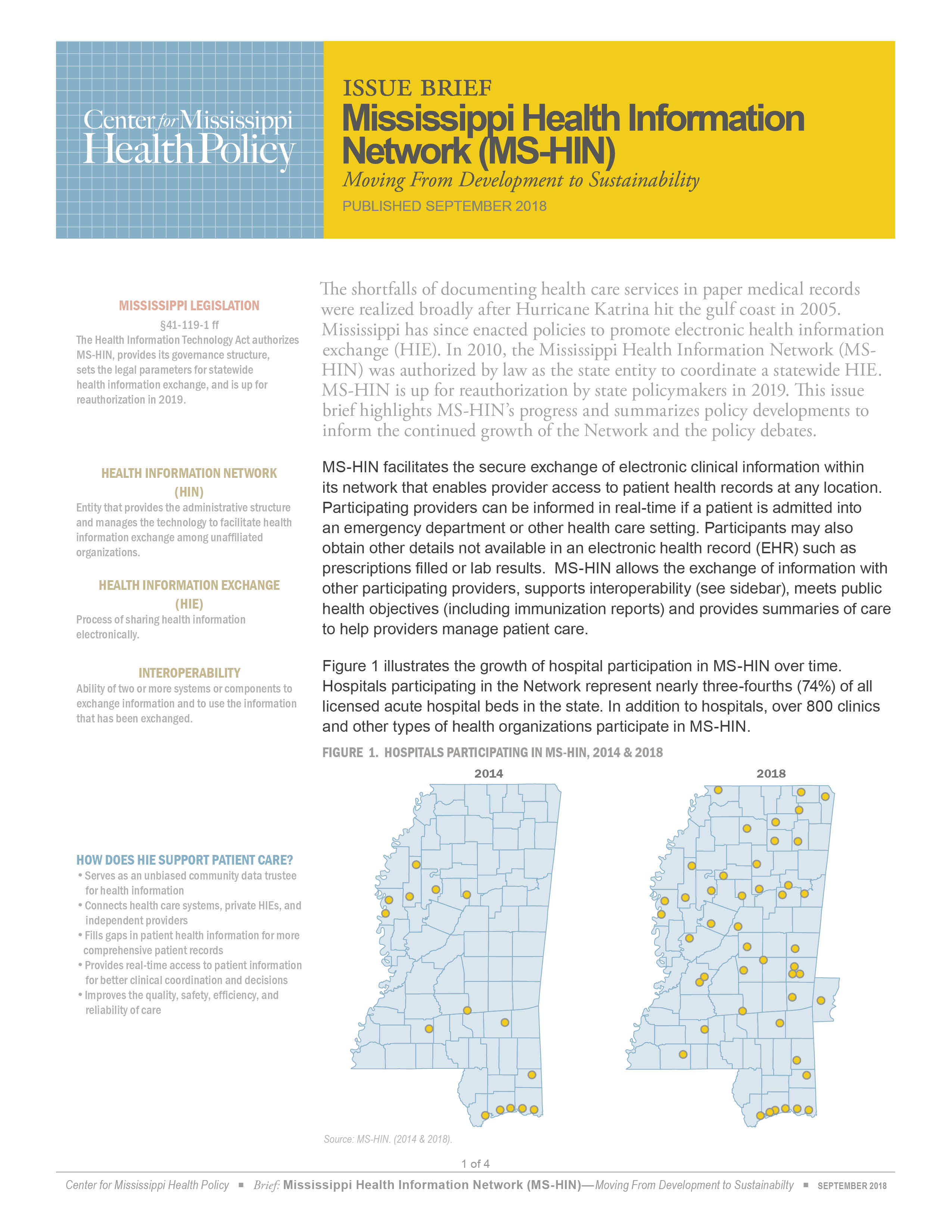Women in Mississippi experience high rates of unintended pregnancy, which can be associated with the use of less effective methods of contraception. In an effort to better understand how Mississippians access birth control generally, the Center for Mississippi Health Policy commissioned a survey of Mississippi women of reproductive age to understand what factors influence women’s choice of birth control methods and what barriers, if any, limit them in obtaining the method of their choice.
Survey respondents were recruited from … Read more...

